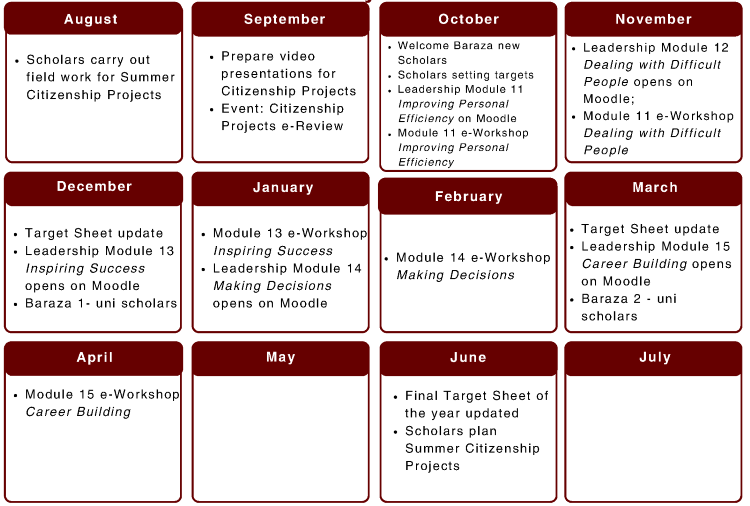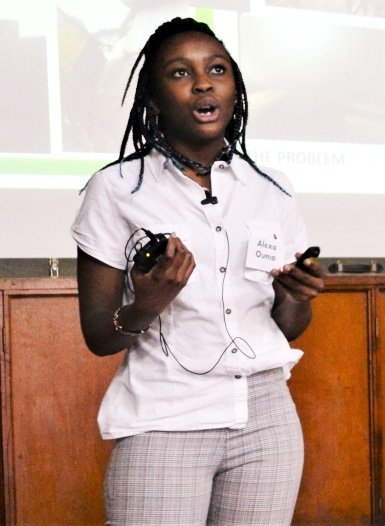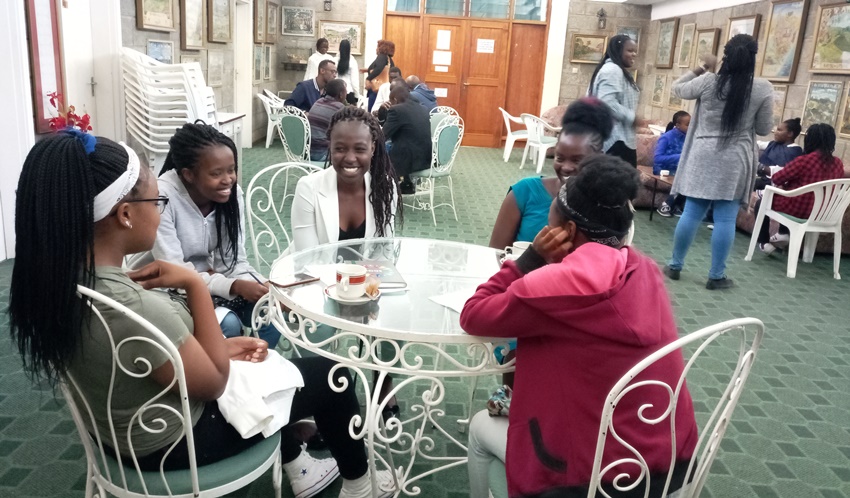Leadership development
Alongside access to the highest quality education, Beacon Changemakers tries to impart ethical values and a sense of wider responsibility. We look for young people with leadership potential and attributes under our definition of Changemaker (see below).
“A leader who does not take advice is not a leader.”
African proverb
We focus on learning and experiential practice. The learning comes through training specifically created for youth leadership development, and delivered through courses and workshops. The practice comes from actual project work in local communities.
New Schools and University Beacon Scholarship applicants should familarise themselves with the yearly programme of activities which is compulsory for all Beacon Scholars. All leadership workshops take place on Saturdays.

Cultivating leadership
To develop leadership capabilities in young people:
- We identify and encourage Changemaker attributes
- We facilitate Peer Learning
1. Changemaker attributes
The Beacon Scholarship is a programme to grow and deliver ‘Changemakers’. In our unique definition of Changemaker, what this means in practice is that new and continuing Beacon Scholars must:
- Demonstrate natural leadership skills and that they are ‘taking people with them’; and
- Show that they are making a difference now, not just hoping to do so in the future.
Beacon Scholars are regularly encouraged to demonstrate and develop these attributes during their Beacon journey: in their Citizenship Projects, in their Target Sheets, and in the Summary Performance Evaluations (SPEs) issued to all scholars at the end of each academic year.

2. Peer learning
Our unique series of online leadership courses and workshops, and citizenship project e-Reviews have at their core the principle of peer learning.
The workshop sessions are faciliated by specialist trainers, and are structured to encourage scholars to interact and learn from one another. We have found that a peer-to-peer network for sharing stories and feedback helps build a connected community, where real-world experiences make theory relatable and engaging. Sharing of research and outside materials is also encouraged, and a variety of personal experience forums help scholars share their own learnings and stories.
